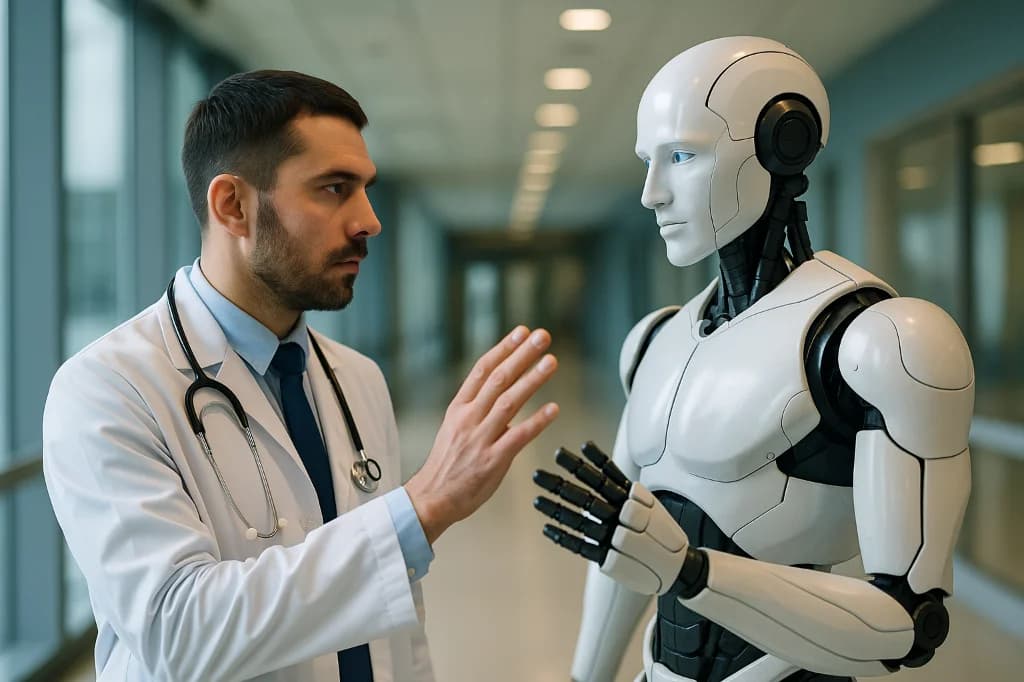Artificial Intelligence is changing every part of life. Healthcare is one of the biggest areas of growth. AI is now moving from experiments to real applications. Hospitals and clinics are starting to trust these systems. The future looks even bigger. Doctors and patients both can benefit. AI can help with speed accuracy and lower costs.
AI in Diagnosis
Diagnosis is one of the hardest parts of healthcare. Doctors spend years learning patterns. Still mistakes happen. AI can help reduce these errors. Machine learning models can scan x-rays and MRIs. They can highlight early signs of cancer or brain disease. These tools are not replacing doctors. Instead they act as partners. They bring a second opinion in seconds. This saves time and lives.
AI in Drug Discovery
Drug discovery is expensive and slow. Many years are spent in trials. AI can reduce this time. It can scan large data from labs and medical journals. It can predict which molecules may fight diseases. This allows faster testing. Companies already use AI to develop drugs for rare conditions. In the future more medicines may reach patients in record time.
AI in Personalized Medicine
Every patient is different. Standard treatments do not always work for all. AI can help design custom plans. It can look at patient history genetics and lifestyle. Then it suggests the best treatment. This is called personalized medicine. It makes treatment more effective. It also reduces side effects. Many cancer patients may benefit from this approach.
AI in Surgery
Robotic surgery is already used in some hospitals. Surgeons control robots with high precision. AI can take this further. It can guide surgeons in real time. It can analyze patient data during surgery. It can alert if there is a risk. This improves safety. Patients may recover faster due to less invasive methods.
AI in Patient Monitoring
Wearable devices are very popular. They track heart rate blood sugar and sleep. AI can analyze this data and warn patients early. For example if blood sugar is rising the system can send an alert. This helps patients take action before it becomes serious. Doctors also get reports without long visits. Remote monitoring will be more common in the future.
AI in Administrative Tasks
Doctors spend a lot of time on paperwork. AI can handle these tasks. It can schedule appointments and manage records. It can even answer patient questions through chatbots. This gives doctors more time for patients. Hospitals can also save costs by using AI assistants.
Challenges of AI in Healthcare
AI is powerful but there are challenges. Data privacy is a big concern. Patient records must stay safe. Wrong data can lead to wrong results. Doctors must still make final decisions. Training staff to use AI tools is also important. Without trust these systems will not succeed. Regulations will play a big role in the future.
Future Outlook
The future of AI in healthcare looks bright. More hospitals will use AI systems. Patients will enjoy faster diagnosis and better treatments. Costs may go down. However safety and ethics will remain important. Governments and companies must work together. If done well AI may transform healthcare completely.
Conclusion
AI is not just a tool. It is becoming a partner in healthcare. From diagnosis to surgery AI supports doctors and patients. The journey is still at the beginning. However the progress is fast. The future promises safer faster and smarter healthcare for all.
